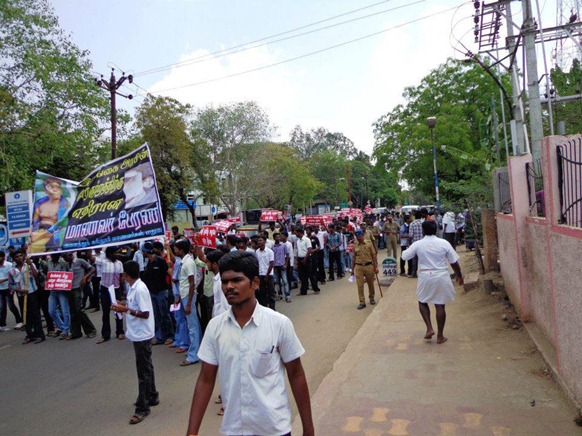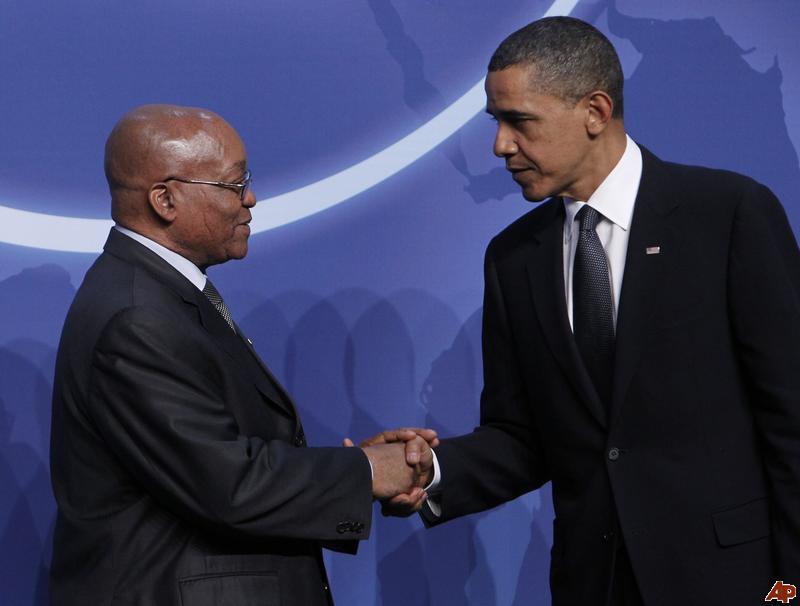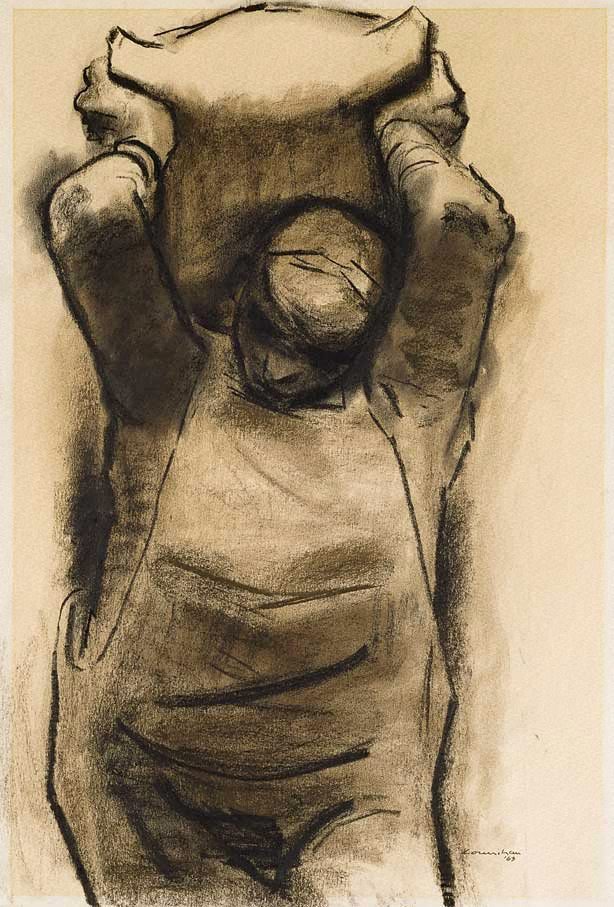Review: Paul Le Blanc and Kunal Chattopadhyay’s Trotsky selection ‘a missed opportunity’

Review by Michael Fisher
From Bangui to BRICS: If you carve Africa, Africa may carve you too

South African troops in the Central African Republic.
Britain: Encouraging left regroupment/left unity initiatives

Ken Loach has called for a new left party in Britain.
Quebec and Quebec solidaire: Linking sovereignty, equality and anti-neoliberalism
Part 1.
By Richard Fidler
March 18, 2013 -- Left Streamed/Life on the Left -- Amir Khadir, one of Québec solidaire’s two deputies in Quebec’s National Assembly, was guest speaker at this year’s Phyllis Clarke Memorial Lecture in Toronto. It was a rare opportunity for an Anglophone audience to hear a presentation by a leader of Quebec’s pro-independence party of the left.
Khadir’s lecture was addressed primarily to outlining QS’s approach to international solidarity in the face of neoliberalism and capitalist globalisation. In the wide-ranging discussion period that followed, he spoke about the Quebec student movement, the relation between class and national questions, the aboriginal movement, the environment, how Québec solidaire sees the relation between electoral and mass action, and other topics.
Human Rights Council resolution on Sri Lanka crimes provokes huge protests

Student demonstration in Mathurai, Tamil Nadu, March 14, 2013.
Exclusive excerpt: 'One Day in December: Celia Sánchez and the Cuban Revolution'

The following is an excerpt from Nancy Stout's new book, One Day in December: Celia Sánchez and
BRICS: ‘Anti-imperialist’ or ‘sub-imperialist’?

South African President Jacob Zuma and friend.
Luis Bilbao: Hugo Chavez, internationalism and revolution

By Luis Bilbao
The problem of relative privilege in the working class

"Waterside worker', by Noel Counihan, 1963.
By Chris Slee
March 18, 2013 – Links International Journal of Socialist Renewal -- In his article entitled “Is there a labour aristocracy in Australia?” (published in the Socialist Alternative magazine, Marxist Left Review) Tom Bramble criticises the concept of the “labour aristocracy” on a number of grounds.

Whose turn to carve?
March 18, 2013 -- In Durban, South Africa, five heads of state meet on March 26-27, 2013, to assure the rest of Africa that their countries’ corporations are better investors in infrastructure, mining, oil and agriculture than the traditional European and US multinationals. The Brazil-Russia-India-China-South Africa (BRICS) summit will also include 16 heads of state from Africa, including some notorious tyrants. A new $50 billion bank will probably be launched.
Panel discussion: The future of the Bolivarian Revolution after Hugo Chavez
March 17, 2013 – Green Left TV – The Venezuelan people have made it clear that, d
